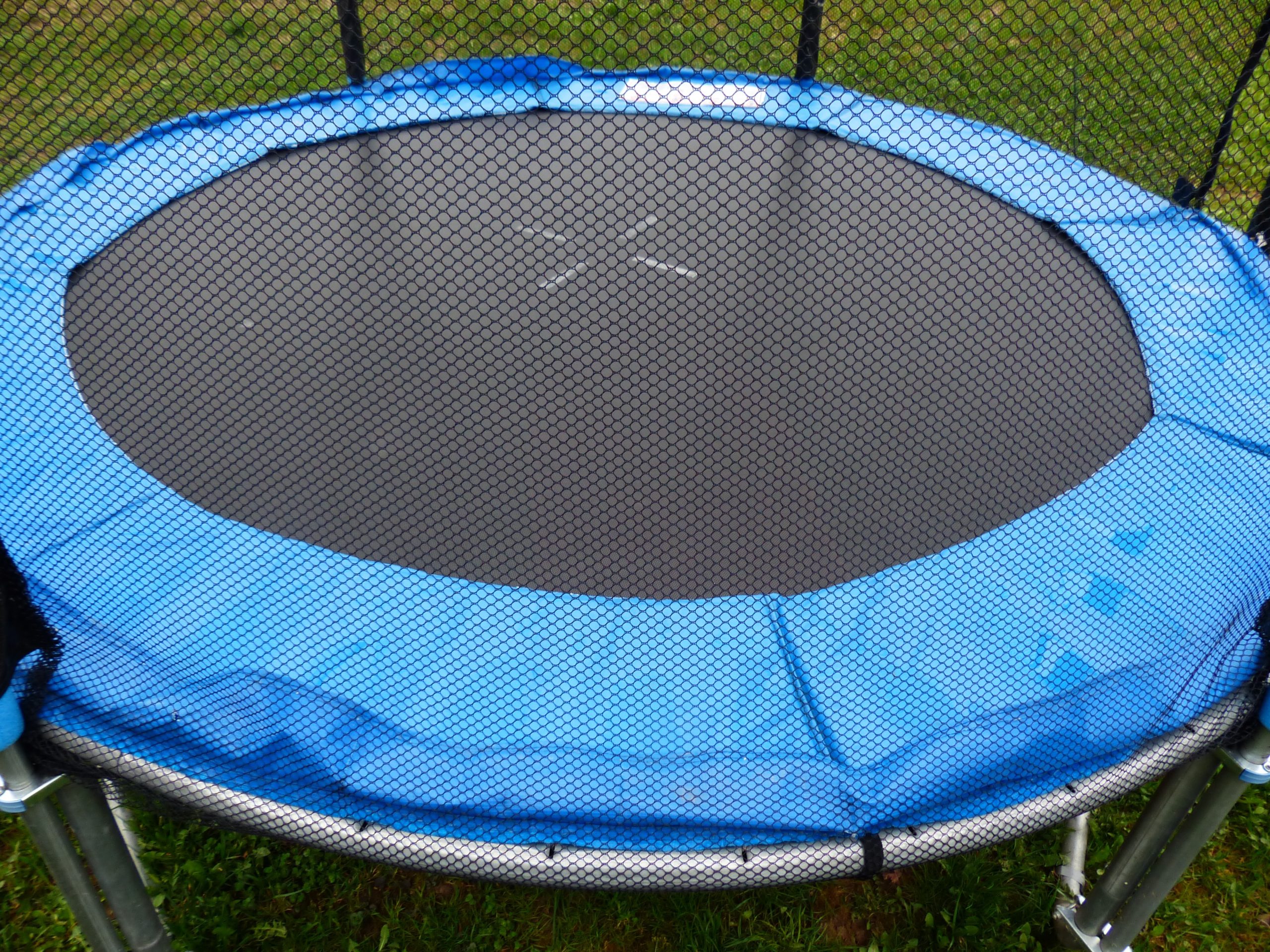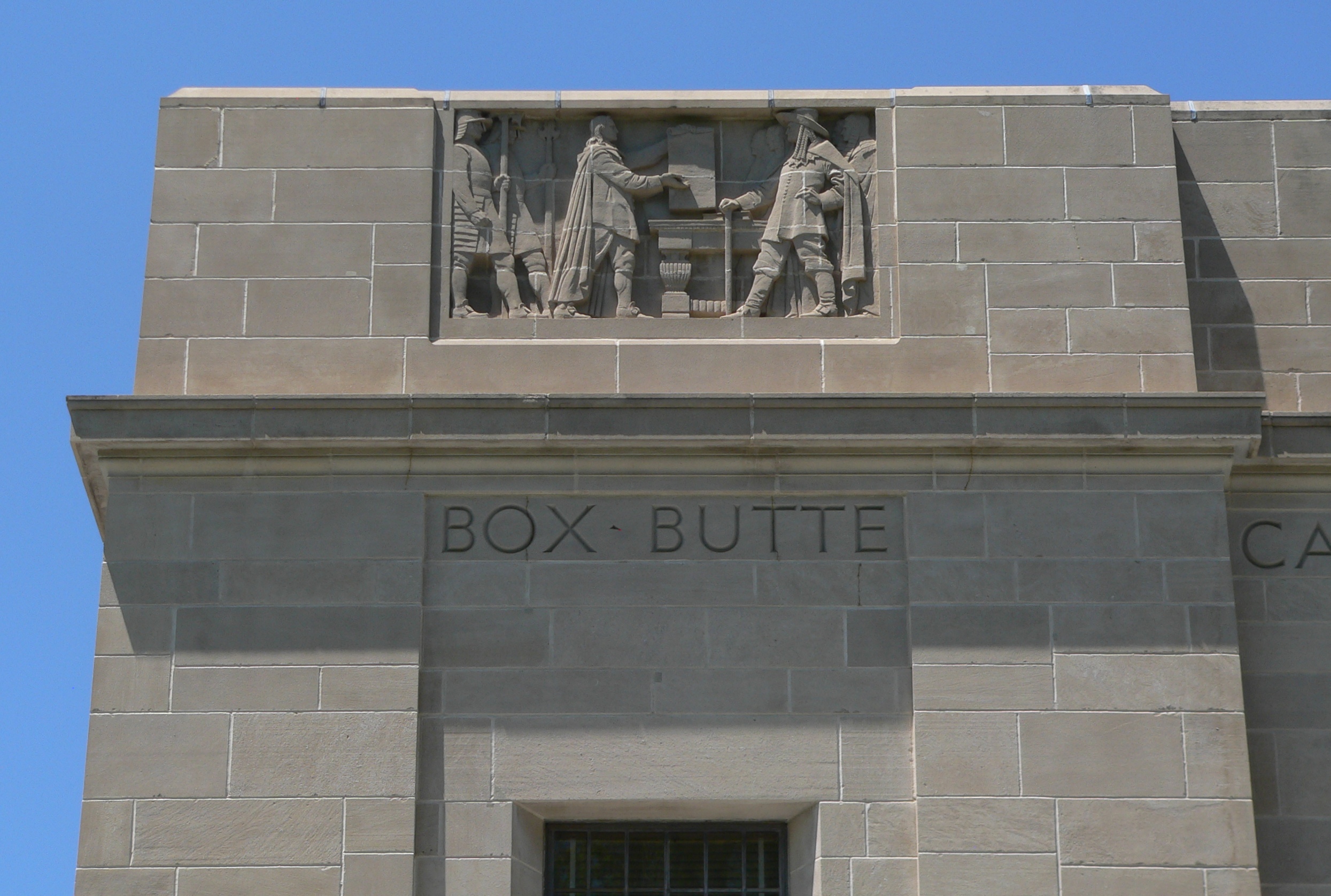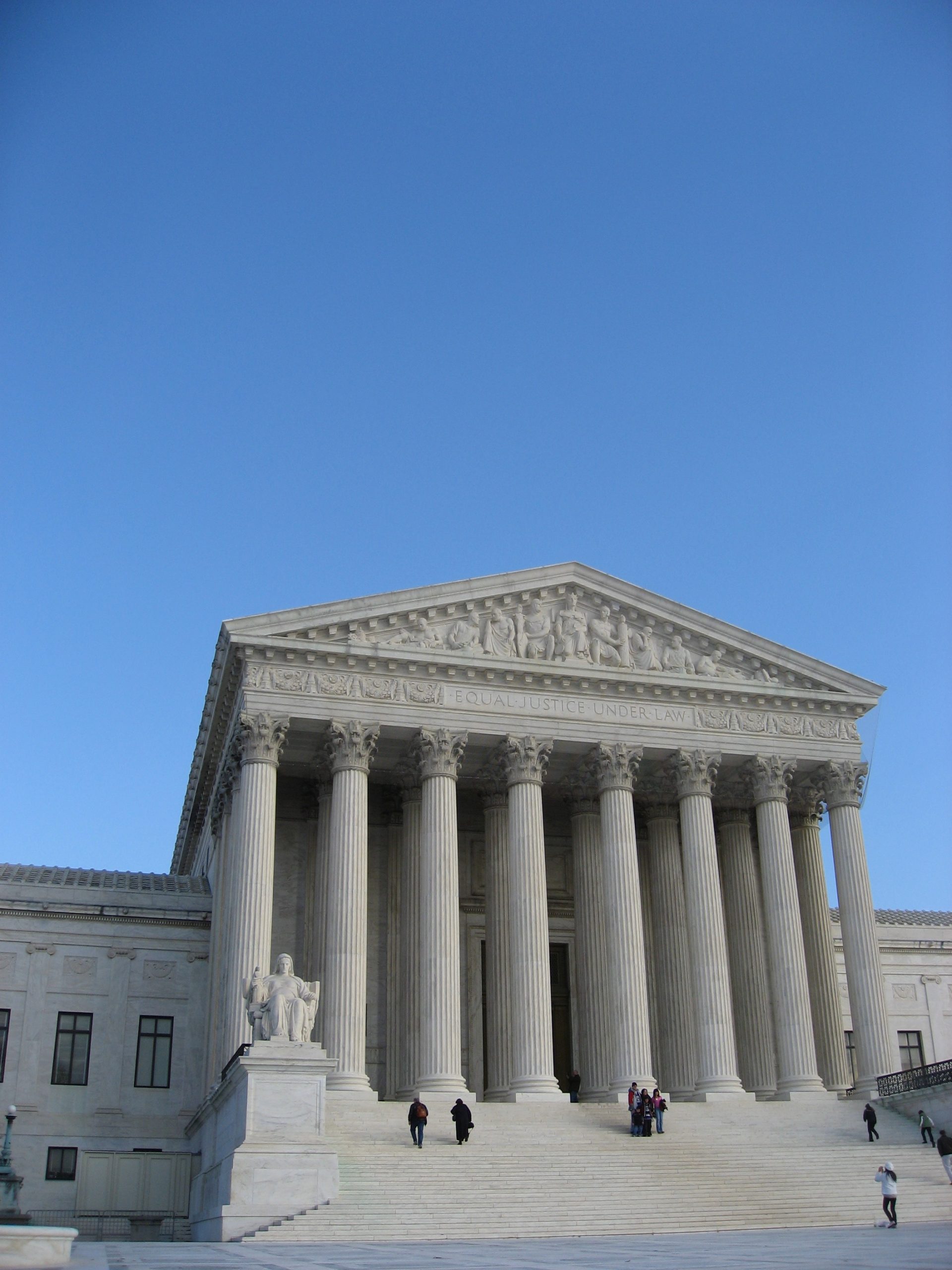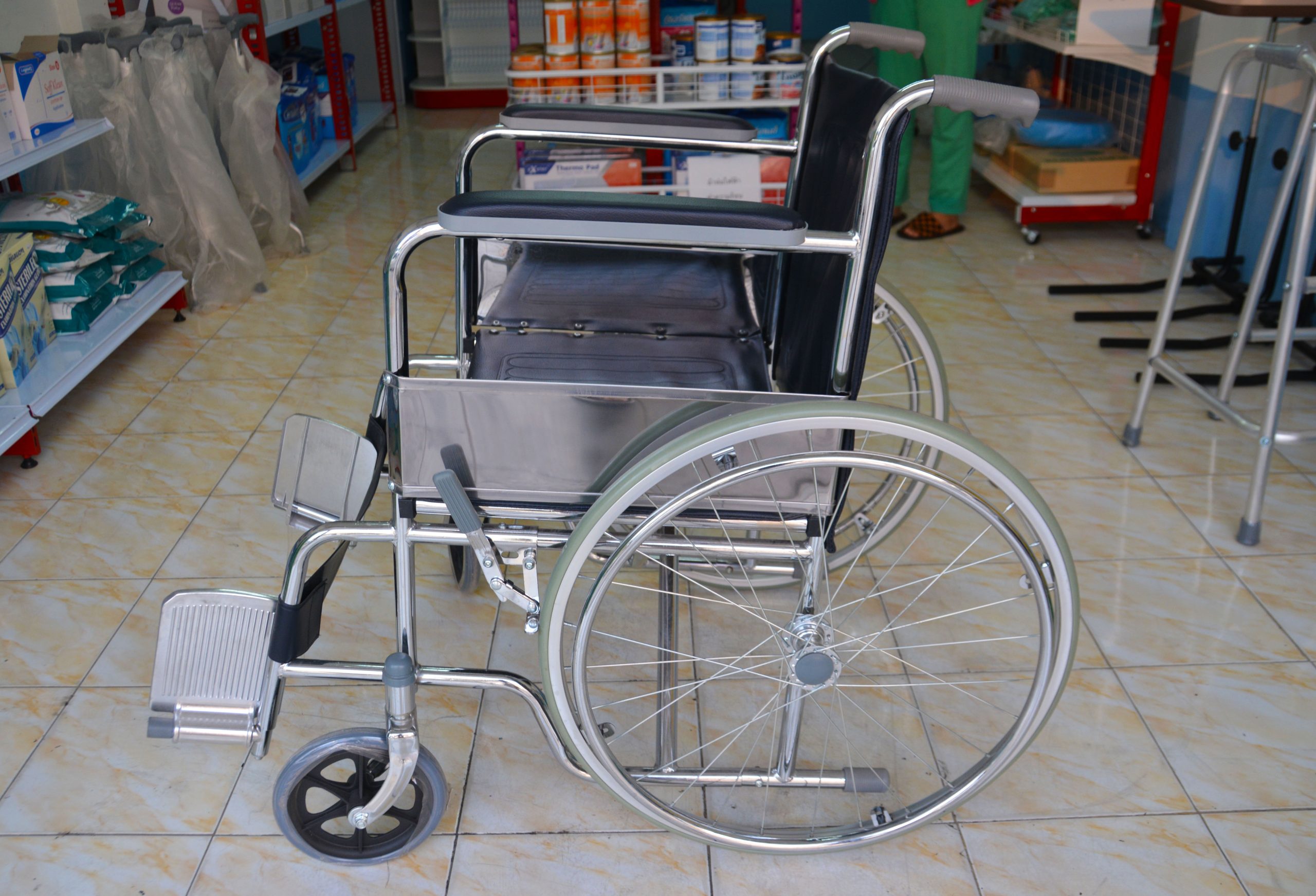 In the legal system, dissenting opinions, i.e., opinions delivered by one or more judges who disagree with the decision, play a crucial role in shaping the interpretation and application of the law. They provide valuable insights into alternative viewpoints, often sparking discussion and debate and ultimately leading to the evolution of jurisprudence. One such notable dissenting opinion can be found in the case of Christopher Blanchard v. Demetrius J. Hicks et al., authored by Justice Cooks. In this blog post, we look at the case, the arguments made in the dissent, and the importance of dissent in the legal landscape.
In the legal system, dissenting opinions, i.e., opinions delivered by one or more judges who disagree with the decision, play a crucial role in shaping the interpretation and application of the law. They provide valuable insights into alternative viewpoints, often sparking discussion and debate and ultimately leading to the evolution of jurisprudence. One such notable dissenting opinion can be found in the case of Christopher Blanchard v. Demetrius J. Hicks et al., authored by Justice Cooks. In this blog post, we look at the case, the arguments made in the dissent, and the importance of dissent in the legal landscape.
The case of Christopher Blanchard v. Demetrius J. Hicks et al. arose from an incident in which Officer Blanchard’s patrol car was struck by a stolen truck. The plaintiff, Officer Blanchard, alleged that the defendant, Demetrius J. Hicks, was negligent in leaving his vehicle unattended with the keys in the ignition and the engine running, thereby facilitating the theft that led to the accident.
The majority of the court relied on the precedent set by the Supreme Court’s decision in Racine, which held that leaving keys in a vehicle does not create liability for the motorist if a thief steals the car and causes injury to a third party. However, Judge Cooks dissented from the majority’s opinion, arguing that Racine does not dispose of the factual matter at hand.
 Insurance Dispute Lawyer Blog
Insurance Dispute Lawyer Blog


 Gender Discrimination has unfortunately been around for as long as time, infiltrating many corners of people’s lives. But when you feel discriminated against at your high school, the lawsuit process can be much trickier than some might think. The Court of Appeals for the Fifth Circuit addresses whether a Title IX claim can be brought and successfully won when a picture is posted to the internet, violating a school’s policy.
Gender Discrimination has unfortunately been around for as long as time, infiltrating many corners of people’s lives. But when you feel discriminated against at your high school, the lawsuit process can be much trickier than some might think. The Court of Appeals for the Fifth Circuit addresses whether a Title IX claim can be brought and successfully won when a picture is posted to the internet, violating a school’s policy.  Wills and testaments often lead to family drama after a family member dies. Fights over control, money, and inheritance can lead to many legal and emotional battles. When those battles of power come to a legal setting, how do courts assess if a will has validly identified a new overseer of the estate?
Wills and testaments often lead to family drama after a family member dies. Fights over control, money, and inheritance can lead to many legal and emotional battles. When those battles of power come to a legal setting, how do courts assess if a will has validly identified a new overseer of the estate? Sometimes, those delightful recreational activities we all enjoy carry an inherent risk. Often, we assume the risk of those injuries when we engage in that potentially reckless conduct. Knowing your legal options following these injuries is necessary, mainly because recovering for these somewhat ordinary injuries can be difficult. What does it look like when a party cannot recover for a recreational injury–here, an injury from a trampoline park visit?
Sometimes, those delightful recreational activities we all enjoy carry an inherent risk. Often, we assume the risk of those injuries when we engage in that potentially reckless conduct. Knowing your legal options following these injuries is necessary, mainly because recovering for these somewhat ordinary injuries can be difficult. What does it look like when a party cannot recover for a recreational injury–here, an injury from a trampoline park visit? Picture this: you’re enjoying your daily dose of local news when your name surfaces amidst a hailstorm of defamatory allegations. Your reputation takes a blow, and you decide to fight back by filing a lawsuit. This might sound like a gripping storyline from a TV courtroom drama, but for Mary R, this was a harsh reality. Today we’ll delve into her case, a fascinating battle highlighting the intriguing intersections between public figures, free speech, and defamation law.
Picture this: you’re enjoying your daily dose of local news when your name surfaces amidst a hailstorm of defamatory allegations. Your reputation takes a blow, and you decide to fight back by filing a lawsuit. This might sound like a gripping storyline from a TV courtroom drama, but for Mary R, this was a harsh reality. Today we’ll delve into her case, a fascinating battle highlighting the intriguing intersections between public figures, free speech, and defamation law. Louisiana’s Workers’ Compensation fund exists to pay employees injured at work. Payment can be used for medical care and lost wages. When parties sign a settlement agreement on payment terms, an employee may assume payment is imminent. In a recent case from Rapides Parish, an employee discovered some conditions in a settlement may delay payment.
Louisiana’s Workers’ Compensation fund exists to pay employees injured at work. Payment can be used for medical care and lost wages. When parties sign a settlement agreement on payment terms, an employee may assume payment is imminent. In a recent case from Rapides Parish, an employee discovered some conditions in a settlement may delay payment.  The fundamental right to due process is a cornerstone of constitutional protection, ensuring that individuals are treated fairly within legal proceedings. Nevertheless, the delicate line between potential bias and genuine due process violations is not always easily discernible. A telling example can be found in a noteworthy case from East Baton Rouge, where the revocation of a psychologist’s license came under scrutiny for alleged due process infringements. This case probes the intricate considerations surrounding bias, procedure, and the boundary between legitimate legal actions and violations of constitutional rights.
The fundamental right to due process is a cornerstone of constitutional protection, ensuring that individuals are treated fairly within legal proceedings. Nevertheless, the delicate line between potential bias and genuine due process violations is not always easily discernible. A telling example can be found in a noteworthy case from East Baton Rouge, where the revocation of a psychologist’s license came under scrutiny for alleged due process infringements. This case probes the intricate considerations surrounding bias, procedure, and the boundary between legitimate legal actions and violations of constitutional rights. When an injury related to a product occurs, assigning fault can involve multiple parties. In personal injury litigation, crucial legal questions arise regarding whom the plaintiff can seek compensation from, if anyone, and the underlying theory of liability. The following case offers a valuable exploration of common liability theories often encountered in product-related injury cases.
When an injury related to a product occurs, assigning fault can involve multiple parties. In personal injury litigation, crucial legal questions arise regarding whom the plaintiff can seek compensation from, if anyone, and the underlying theory of liability. The following case offers a valuable exploration of common liability theories often encountered in product-related injury cases. Medical professionals are expected to uphold a standard of care in their practice. Unfortunately, life can present us with unfortunate circumstances where this standard is not met. When we experience injuries or worse due to the actions of those responsible for our treatment, healing, or diagnosis, medical malpractice claims can serve as a means to seek compensation and justice.
Medical professionals are expected to uphold a standard of care in their practice. Unfortunately, life can present us with unfortunate circumstances where this standard is not met. When we experience injuries or worse due to the actions of those responsible for our treatment, healing, or diagnosis, medical malpractice claims can serve as a means to seek compensation and justice. Some accidents are unpredictable, while others appear to be accidents waiting to happen. Having reliable witnesses, qualified experts, and an excellent attorney in either unpredictable or predictable cases could be the dividing line in determining your liability when an accident arises. For Larry Jeane, Sr. (“Mr. Jeane”), the deceased party in a two-car accident along Louisiana Highway 107, whose vehicle crossed the centerline and collided with another car carrying six adults and one minor, the courts were positioned to consider his liability after the accident.
Some accidents are unpredictable, while others appear to be accidents waiting to happen. Having reliable witnesses, qualified experts, and an excellent attorney in either unpredictable or predictable cases could be the dividing line in determining your liability when an accident arises. For Larry Jeane, Sr. (“Mr. Jeane”), the deceased party in a two-car accident along Louisiana Highway 107, whose vehicle crossed the centerline and collided with another car carrying six adults and one minor, the courts were positioned to consider his liability after the accident.